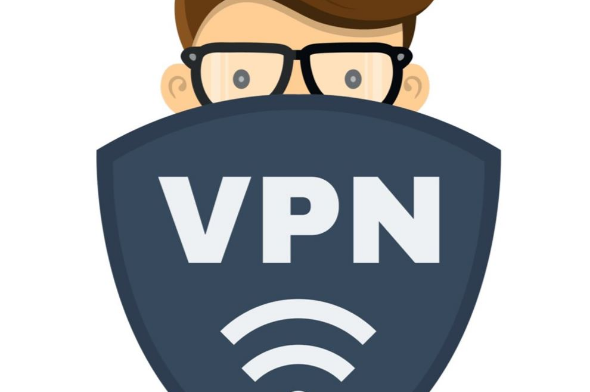Connection to DriversCloud Create a DriversCloud.com account Reset your DriversCloud.com password Account migration
How have VPNs changed over the years?
If you surf the Internet, you've probably heard of VPNs. Maybe it's about anonymous browsing, or about privacy protection. But what exactly is a VPN server, and how does it work?
The only certainty about the Internet is the speed at which it changes. Streaming movies and music has become an integral part of our lives, after years when transfer speeds were too slow to enjoy on-demand content, whether it be sound or images. Things that were unthinkable at the time are now a reality.
There is, however, one element that has lagged behind during these years of rapid growth: concern for privacy. Only recently have users become aware of the many threats to their privacy, including news reports of large-scale data theft and malware that lock up computers and the information they contain, requiring owners to pay large sums of money to decrypt and unlock them. The Internet, at present, is not a particularly safe place. If it ever was.
Vpn's, which allow for safe and anonymous browsing, are an oft-talked about security topic. But how do they work? How are they used? Why are they more secure than a normal browsing experience. How do they protect your privacy? And how have VPNs changed over the years?
Connecting without a VPN
To fully understand VPNs, it's important to know some basic Internet concepts. When you go online, with your smartphone, tablet or PC, your ISP connects your device to the website or service you requested. To do this, the provider uses your IP address, which can be thought of as your home address on the internet. An IP address identifies an individual home router or modem, making it traceable and recognizable online.
When you use a website, your device connects to the server that contains the requested page. This server is simply another computer, specifically designed to handle multiple connections without the risk of losing information. The server receives a request from your device to send it information from the website, using your IP address to find your home router or modem.
The problem is that a lot of other things happen while you are browsing. As you move from page to page on a site to find the information you are interested in, your IP address is recorded in the server's databases, along with your behavior on the site. This information is converted into data about visitors to the site. This site may use this data to improve its service, or to track your behavior during multiple visits to the same Web site. It may also sell the information it has about you and other customers to other companies without your knowledge. This is data that they have collected about you and consider their property.
Connection with a VPN
This is quite common today, regardless of the features of the websites you visit. That's where VPNs come in. VPNs, or virtual private networks, ensure that your computer cannot be traced. It works like this: instead of connecting to your Internet service provider, your computer connects to a VPN server via a secure, encrypted connection. Then the VPN server contacts the site you are looking for. Here, the details of your visit are recorded as usual, but based on the VPN server's IP address rather than yours. The site will still collect data about your behavior, but it will not be able to link it to you.
In short, VPNs protect your browsing from the eyes of others. VPN servers are built to have a large capacity, so hundreds of users can use them at the same time. This way, you are sure to be protected.






